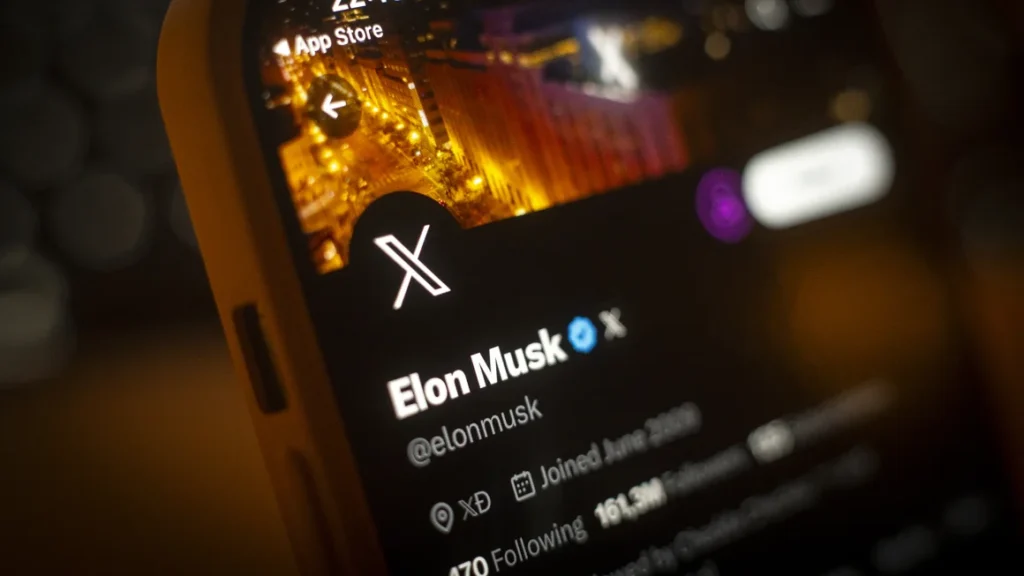European regulators have accused Elon Musk’s X of deceiving its users among other infractions, alleging that the company violated the broad Digital Services Act.
“Today we are releasing preliminary findings under the Digital Services Act for the first time,” a statement from senior European Commission official Margrethe Vestager stated on Friday. “In our opinion, X violates the DSA in important areas of transparency by employing dark patterns to deceive users, by not offering a sufficient ad repository, and by preventing researchers from accessing data.”
The executive arm of the European Union noted in the statement that the company’s approach to so-called verified accounts “does not correspond to industry practice and deceives users.” It mentioned that anyone can subscribe to receive the “verified” status and cited instances of “malicious actors” misusing the blue check “to deceive users.”
The Commission may punish X up to 6% of its yearly global turnover if its preliminary findings are validated.

“Blue checks used to mean reliable sources of information back in the day,” senior Commission official Thierry Breton stated in the statement released on Friday. “As of right now, we believe that X violates the DSA and deceives users.”
August was when the law entered into force. It prohibits, among other things, the use of “dark patterns,” or subliminal design signals that can be meant to persuade users to divulge personal information or take other actions that the business deems more desirable. Consumer advocacy groups sometimes use the example of a business trying to entice a customer to consent to tracking by emphasizing an acceptance button in vivid colors while lowering the text size of the opt-out option.
“Blue checks used to mean reliable sources of information back in the day,” senior Commission official Thierry Breton stated in the statement released on Friday. “As of right now, we believe that X violates the DSA and deceives users.”
August was when the law entered into force. It prohibits, among other things, the use of “dark patterns,” or subliminal design signals that can be meant to persuade users to divulge personal information or take other actions that the business deems more desirable. Consumer advocacy groups sometimes use the example of a business trying to entice a customer to consent to tracking by emphasizing an acceptance button in vivid colors while lowering the text size of the opt-out option.




